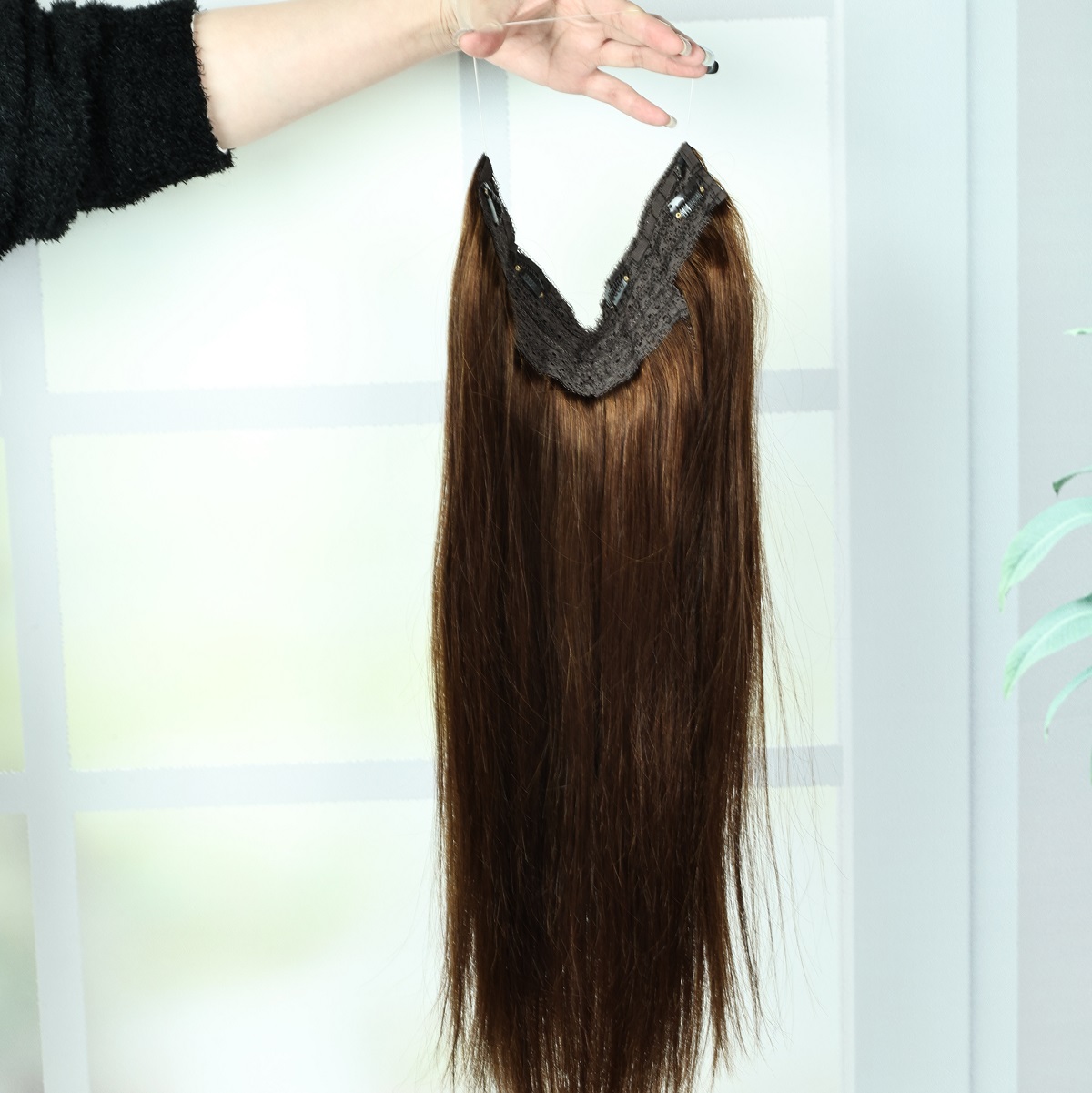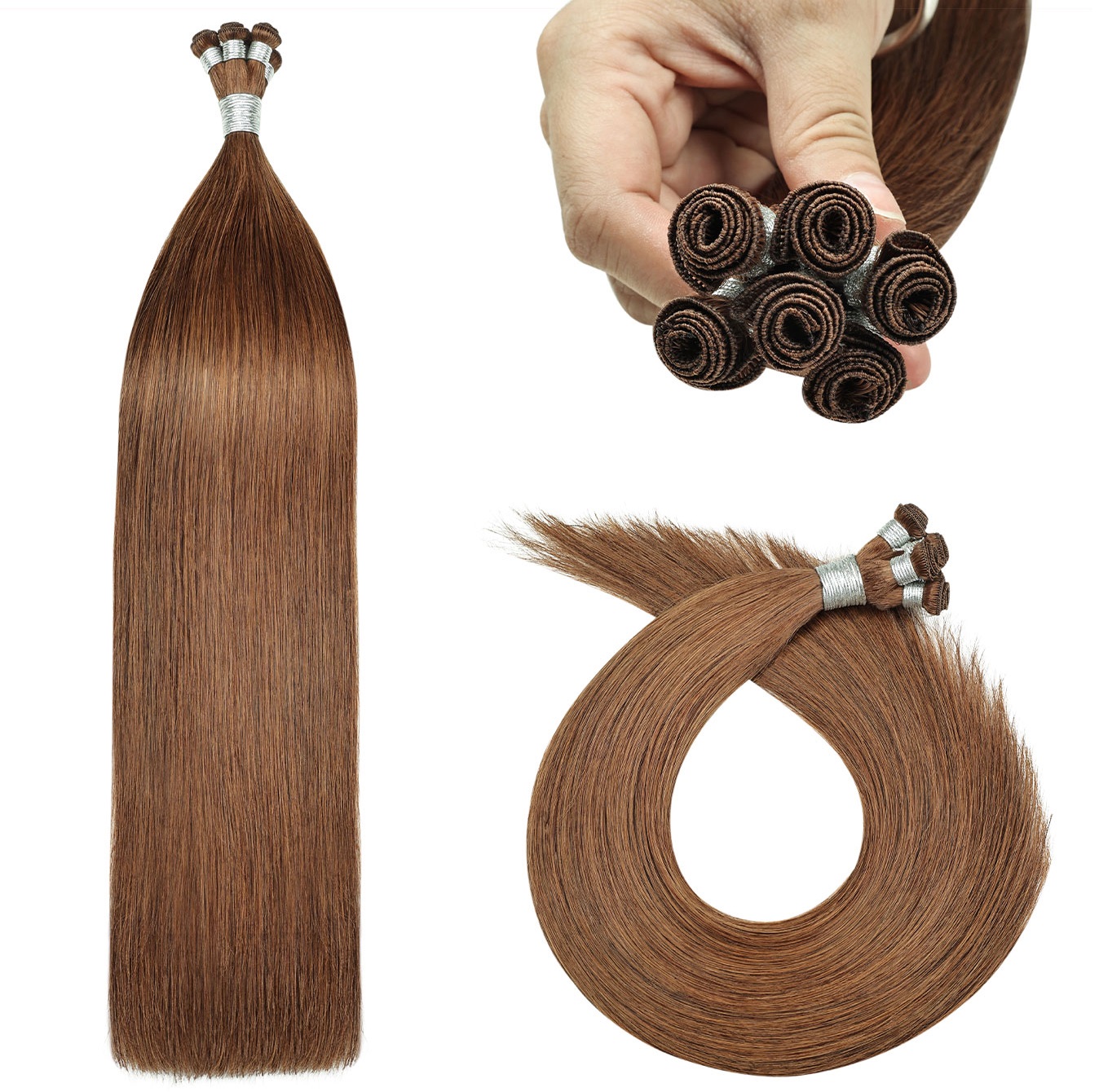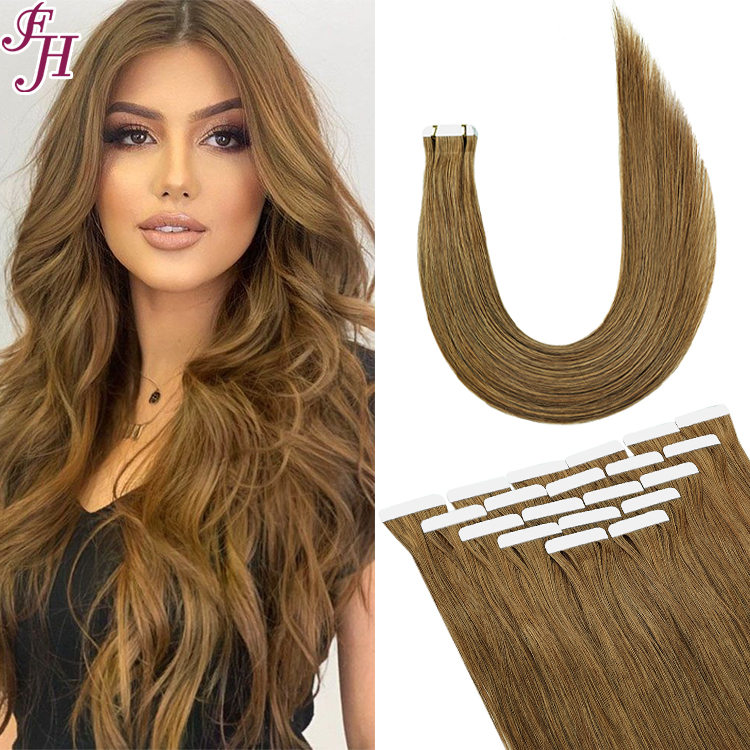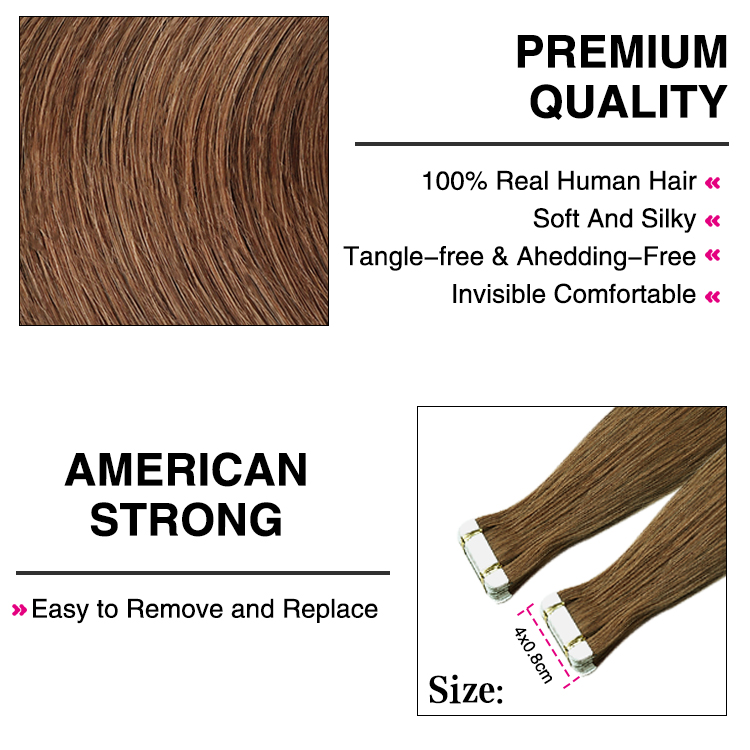In the world of hair fashion, human hair suppliers play a pivotal role, often working behind the scenes to provide the raw material for stunning hairstyles and extensions. The demand for high-quality human hair has surged in recent years, driven by a desire for natural appearance and versatility in styling. This article explores human hair suppliers’ critical role, impact on the beauty industry, and commitment to ethical and sustainable practices while conforming to the standards necessary for Google indexing and official website content.
The Importance of Human Hair Suppliers
Human hair suppliers are the backbone of the hair extension and wig industry for several compelling reasons:
1. Quality and Natural Look: They provide hair that is indistinguishable from one’s natural hair, allowing for seamless integration and a natural appearance.
2. Versatility: Human hair can be styled, colored, and treated similarly to one’s own hair, offering users endless possibilities.
3. Economic Impact: The human hair trade contributes significantly to local economies, particularly in the countries where it is sourced, providing livelihoods for many.
The Sourcing and Processing of Human Hair
The journey of human hair from donor to consumer involves a series of careful steps:
1. Ethical Sourcing: Reputable suppliers ensure that hair is sourced ethically and sustainably, often from volunteers who sell it or through donations.
2. Quality Assessment: Hair is rigorously inspected for quality; only the healthiest and most vibrant strands are cut.
3. Cleaning and Processing: Hair undergoes a thorough cleaning process to remove impurities, followed by processing to maintain its natural texture and shine.
4. Sorting and Wefting: Hair is sorted by color, length, and type before being wefted into manageable extensions or used in wig construction.
5. Quality Control: Suppliers adhere to strict quality control measures to ensure that every batch of hair meets high standards of quality and consistency.
Global Influence of Human Hair Suppliers
Human hair suppliers have a far-reaching influence on the global beauty industry:
1. Beauty Trends: The availability of high-quality human hair extensions and wigs has fueled trends like Rapunzel-like lengths and intricate up-dos that require additional hair volume.
2. Hair Salons: Salons worldwide rely on human hair suppliers to offer their clients the latest hair extension services, boosting their business and customer satisfaction.
3. Personal Style: Thanks to the offerings from human hair suppliers, consumers can experiment with different hairstyles and colors without committing to permanent changes.
Innovation and Sustainability in Human Hair Supply
Innovation and sustainability are increasingly important in the human hair supply chain:
1. Technological Advancements: Suppliers are utilizing advanced technologies to improve the processing and longevity of human hair products.
2. Sustainable Practices: There is a growing emphasis on sustainable sourcing and manufacturing practices to reduce the environmental footprint.
3. Education: Suppliers also educate professionals and consumers on the proper care and maintenance of human hair extensions to prolong their use.
Challenges and Opportunities for Human Hair Suppliers
The human hair industry presents both challenges and opportunities:
1. Market Competition: The market is competitive, with suppliers striving to offer the best quality at competitive prices.
2. Regulatory Compliance: Adhering to international regulations and standards is crucial for suppliers looking to operate in a global market.
3. Consumer Awareness: As consumers become more aware of the origins and quality of their hair products, suppliers have an opportunity to educate and build trust.
The Future of Human Hair Suppliers
The future of human hair suppliers is likely to be shaped by several key factors:
1. Globalization: As the demand for human hair products grows, suppliers will continue to expand into new markets and cater to a more diverse customer base.
2. Ethical Considerations: Ethical sourcing and sustainability will remain at the forefront, with consumers demanding greater transparency.
3. Technological Integration: Suppliers will continue integrating new technologies to improve product quality and customer experience.
Conclusion
Human hair suppliers are the silent architects of the beauty industry, providing the raw material that enables the creation of stunning hairstyles and extensions. Their commitment to quality, ethical practices, and sustainability ensures that consumers and professionals enjoy the benefits of natural, versatile hair products. As the industry evolves, human hair suppliers will continue to play a crucial role, meeting the demands of a discerning market while driving innovation and sustainability in the hair fashion world.





